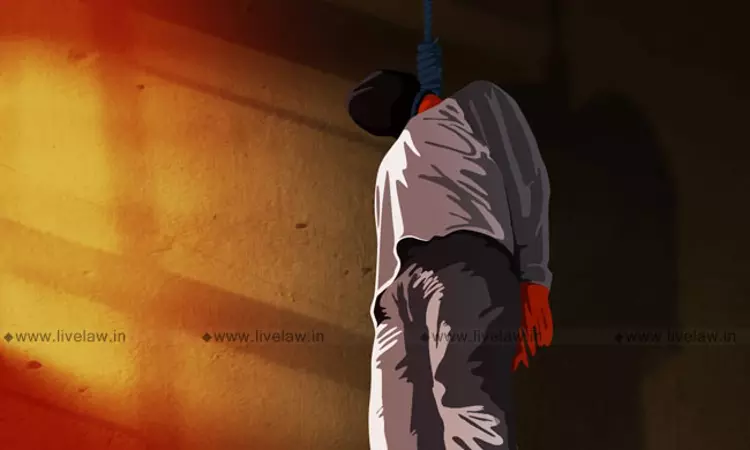Amidst the possibility of imminent executions of the four convicts in the Nirbhaya case, a writ petition has been filed in the Supreme Court by a 88-year old freedom fighter challenging the constitutional validity of delivering death penalty by hanging by deathThe petition filed by S Paremeswaran Nampoothiri challenges Section 354(5) of the Code of Criminal Procedure, which states when...

